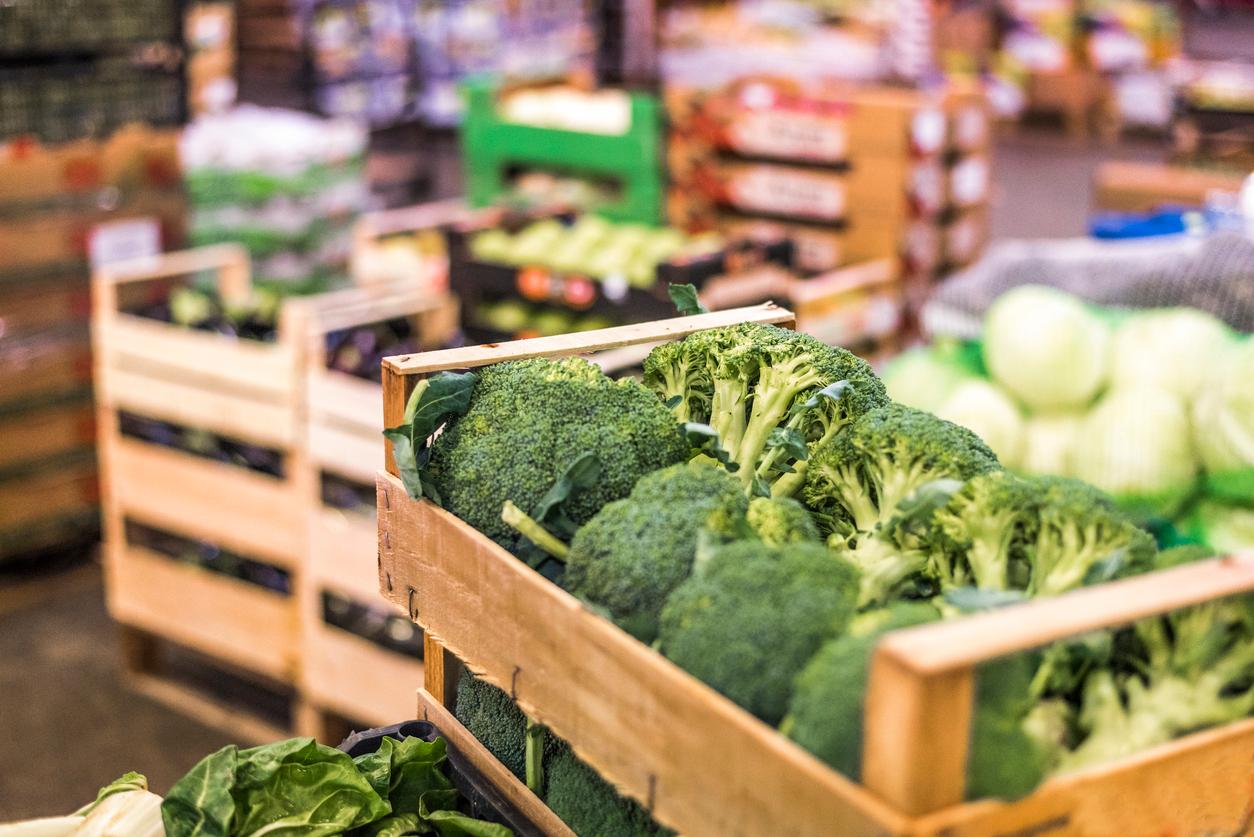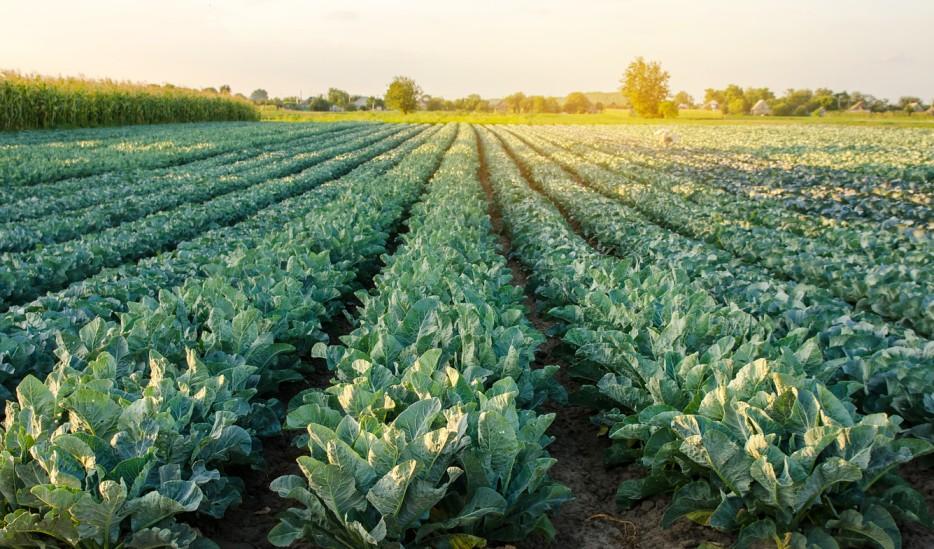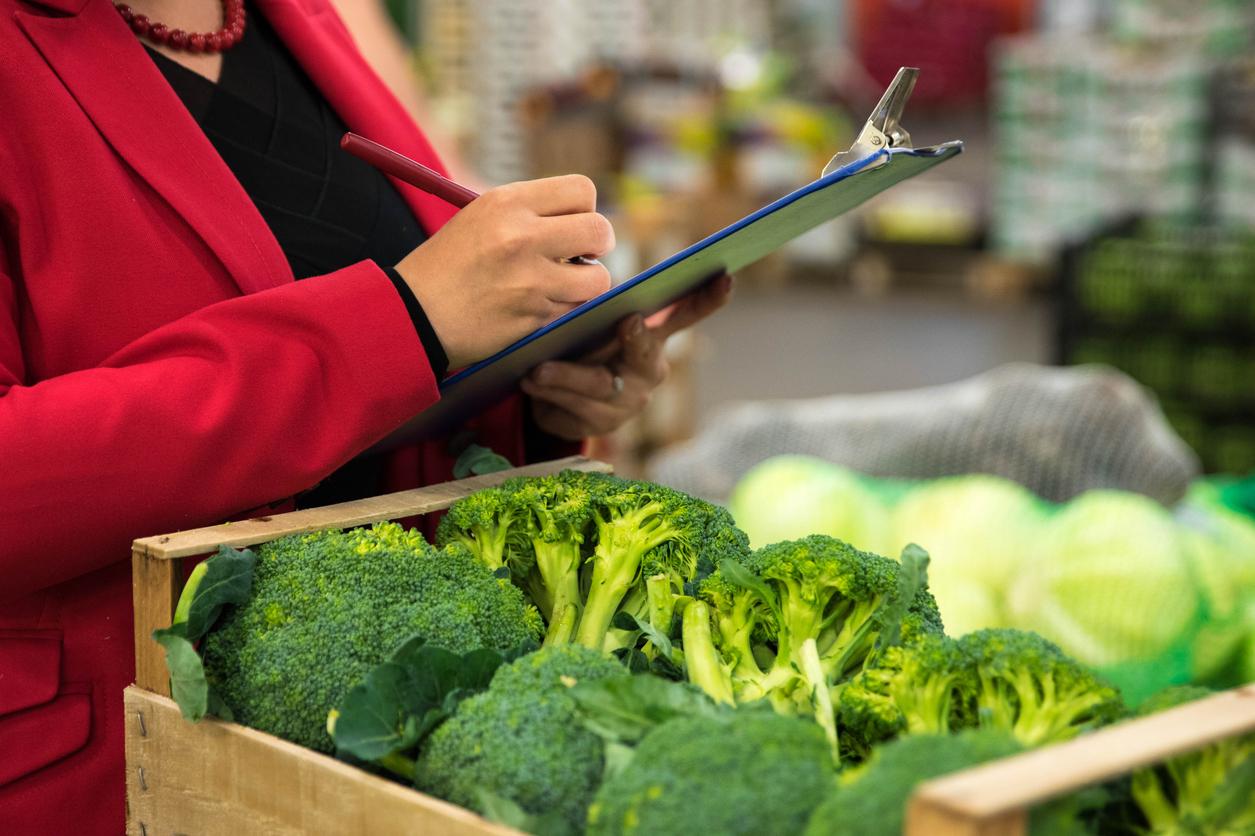Is Broccoli a Natural or Man-Made Vegetable? Exploring the Rich History of This Veggie
The head of broccoli in your grocery cart might date back to the Roman Empire.
Published May 31 2024, 11:07 a.m. ET

If you're new to community gardening, the healthful benefits of plant-based eating, or simply enjoy the seemingly endless benefits of broccoli, it's natural to wonder if this delicious veggie is man-made or naturally grown.
Whether you roast 'em, eat your broccoli raw in your salad at lunch, or steam them and go to town with a myriad of creative spices, it's helpful to know where your broccoli comes from and how it's cultivated.
As broccoli fans ourselves, we're eager to share all about this "crowning" achievement in delectable vegetable innovation. Keep reading to learn more about how to grow broccoli and the history behind it.

Is broccoli a man-made vegetable?
According to a master gardener in the New York-based Cornell Cooperative Extension Orange County, broccoli is a man-made invention. Broccoli is thought to be more than 2,000 years old and has been carefully modified over time to eventually lead to the product we know and love today.
It wasn't until the 16th century that broccoli made its way from Italy elsewhere throughout Europe, eventually being introduced to the U.S. a century later and grown commercially in the 1920s.
It appears there may be some disagreement on the timeline and origin. Per Business Insider, Broccoli originated in the 1500s from a vegetable predating kale. Chinese broccoli, cultivated in China, is estimated to have originated before 300 BCE.
Regardless of the exact date and location of the birth of broccoli, it required a significant amount of time to develop its trademark qualities.
Per the Cornell Cooperative Extension, it was through a process known as selective breeding that broccoli eventually took on the characteristics of the vegetable we enjoy today.
Over a significant period, desirable features were favored by growers to produce a more enjoyable taste, higher yield, and greater resiliency in weather conditions. Translation: humans have spent centuries perfecting broccoli and intervening in its evolution, manually encouraging certain features over others.

Does broccoli grow naturally?
Broccoli is man-made and isn't naturally found in the wild. However, it is still produced and harvested by expert farmers outdoors.
Per the Encyclopedia Britannica, broccoli is propagated from seeds planted in fields or plant beds in cool climates. More than 120,000 acres are utilized to grow the vegetable in California, which produces over 90 percent of the broccoli grown in the U.S., according to a May 2024 update from the Agricultural Marketing Resource Center.
As Southern Living explains, for gardeners seeking to grow their own broccoli, producing it usually begins by planting seeds indoors. After about four to six weeks, it will be ready to transplant and continue to the next stage of growth. Broccoli plants require full exposure to the sun to grow.

What is broccoli a hybrid of?
According to Vox, broccoli originated from the same plant, now known as wild mustard, that also birthed cabbage, Brussels sprouts, kohlrabi, kale, and cauliflower.
The wild mustard plant was selectively bred to produce higher yields and eventually produced what appeared to be a predecessor to kale or collard greens. Further down the road, plants selected for "enlarged flowering structures" led to the creation of broccoli.